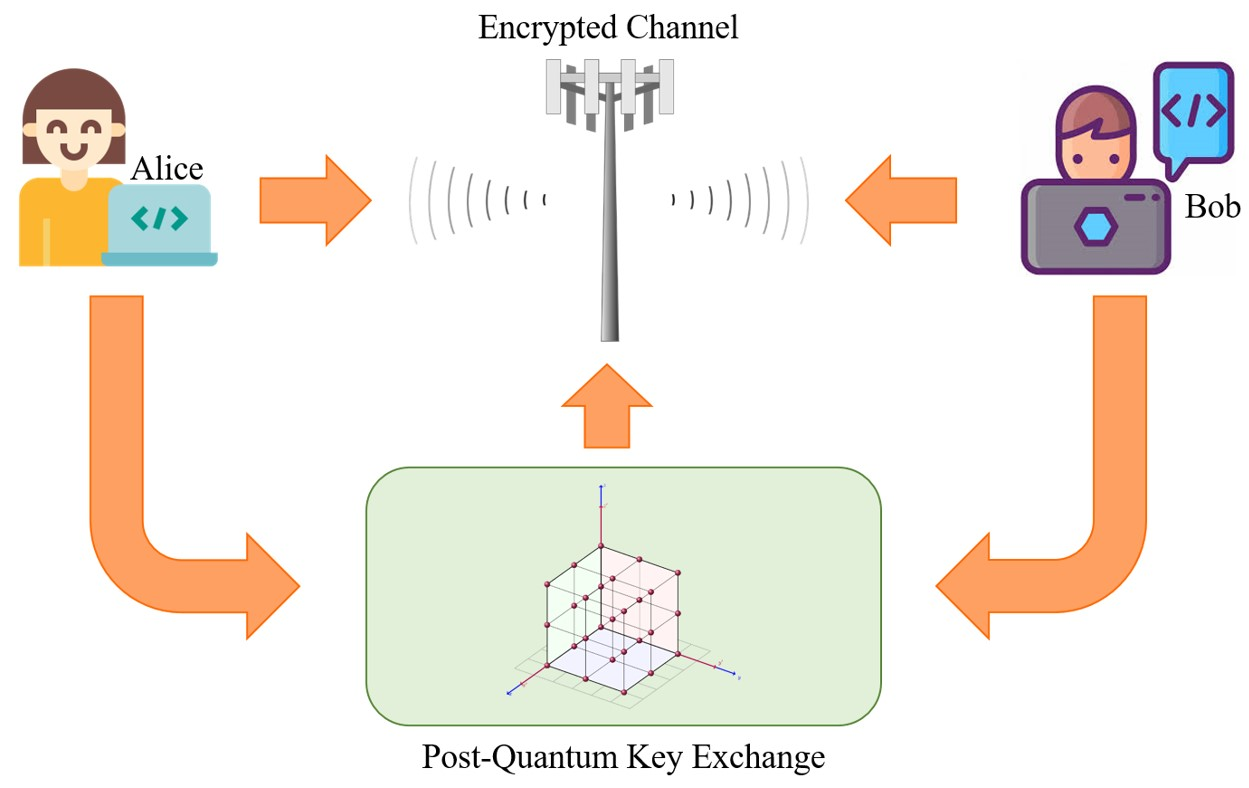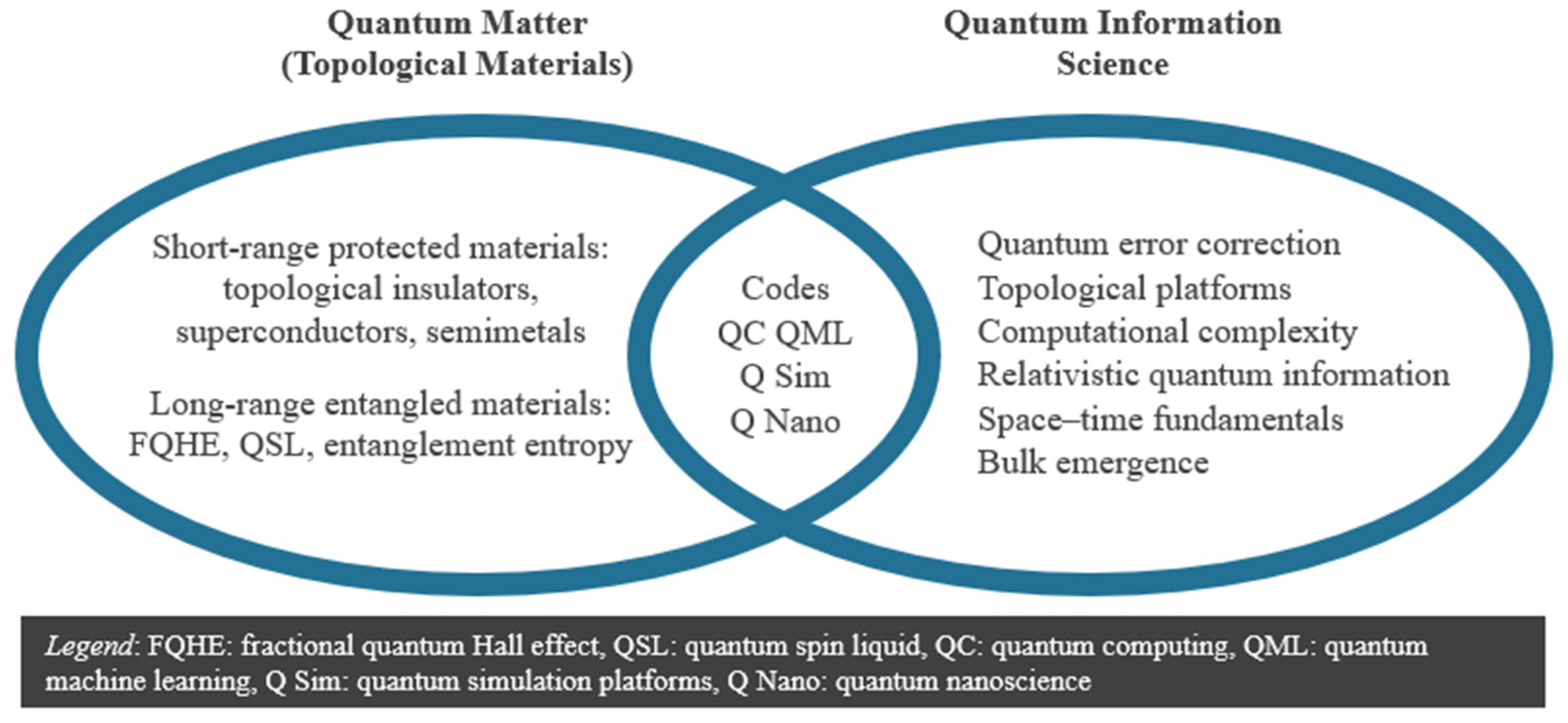Quantum Computing and Data Retention Laws: Future Challenges

The Quantum Leap: Exploring Quantum Computing’s Impact on Data Retention Laws
Understanding Quantum Computing
Quantum computing represents a paradigm shift in computational power, leveraging the principles of quantum mechanics to perform complex calculations exponentially faster than classical computers. As this transformative technology advances, its implications on data retention laws come into focus, presenting both challenges and opportunities.
Quantum Computing’s Challenge to Encryption
One of the primary challenges posed by quantum computing in the context of data retention laws is its potential to break widely used encryption methods. Classical encryption algorithms, considered secure today, may become vulnerable to quantum attacks in the future. This raises concerns about the long-term confidentiality of stored data and the need for robust encryption standards.
Data Security in the Quantum Era
The evolving landscape of quantum computing necessitates a reevaluation of data security measures. Quantum-resistant encryption algorithms are being explored to fortify data against potential quantum threats. Policymakers and legal experts must anticipate these shifts in technology and work towards updating data retention laws to include quantum-safe encryption standards.
Impact on Personal Privacy and Consent
As quantum computing advancements reshape the data security landscape, the implications for personal privacy and consent cannot be ignored. Data retention laws must evolve to address the intricacies of quantum technologies, ensuring that individuals’ rights to privacy are protected in an era where quantum computers could potentially decipher sensitive information.
Longevity and Integrity of Stored Data
Quantum computers have the potential to solve complex problems at speeds unimaginable with classical computers. This raises questions about the longevity and integrity of stored data. Data retention laws must consider the dynamic nature of quantum technologies and establish guidelines for maintaining the integrity of information over extended periods.
Legal Challenges in Quantum Key Distribution
Quantum Key Distribution (QKD) is a quantum-resistant encryption method that leverages the principles of quantum mechanics for secure communication. However, the legal landscape surrounding QKD is still evolving. Addressing legal challenges related to the implementation and standardization of QKD is crucial for ensuring its effective integration into data retention laws.
International Collaboration for Quantum-Ready Laws
Given the global nature of quantum computing advancements, international collaboration is essential. Harmonizing data retention laws across borders and establishing common standards for quantum-safe encryption can create a cohesive and effective regulatory environment that transcends geographical boundaries.
Ethical Considerations and Responsible Use
Quantum computing’s potential impact on data retention requires a proactive approach to ethical considerations and responsible use. Policymakers and industry stakeholders must work collaboratively to establish guidelines that ensure the ethical development and deployment of quantum technologies within the framework of data retention laws.
Preparedness for Quantum Advancements
In the face of quantum advancements, legal frameworks need to be forward-looking and adaptable. Regular assessments of data retention laws, incorporating insights from the quantum computing field, are necessary to stay ahead of potential challenges. Preparedness is key to addressing emerging issues and ensuring the continued efficacy of data protection measures.
Educating Stakeholders in the Quantum Era
An informed stakeholder base is critical for the successful integration of quantum technologies into existing legal frameworks. Education initiatives aimed at legal professionals, policymakers, and industry leaders can foster a comprehensive understanding of quantum computing’s implications, enabling proactive and informed decisions in the realm of data retention laws.
In conclusion, the intersection of quantum computing and data retention laws represents a frontier that requires careful consideration and proactive adaptation. By addressing challenges related to encryption, privacy, international collaboration, and ethical use, policymakers can lay the groundwork for a secure and resilient data retention landscape in the quantum era.
For more information on Quantum Computing and Data Retention Laws, visit Star Mountain Resources.








